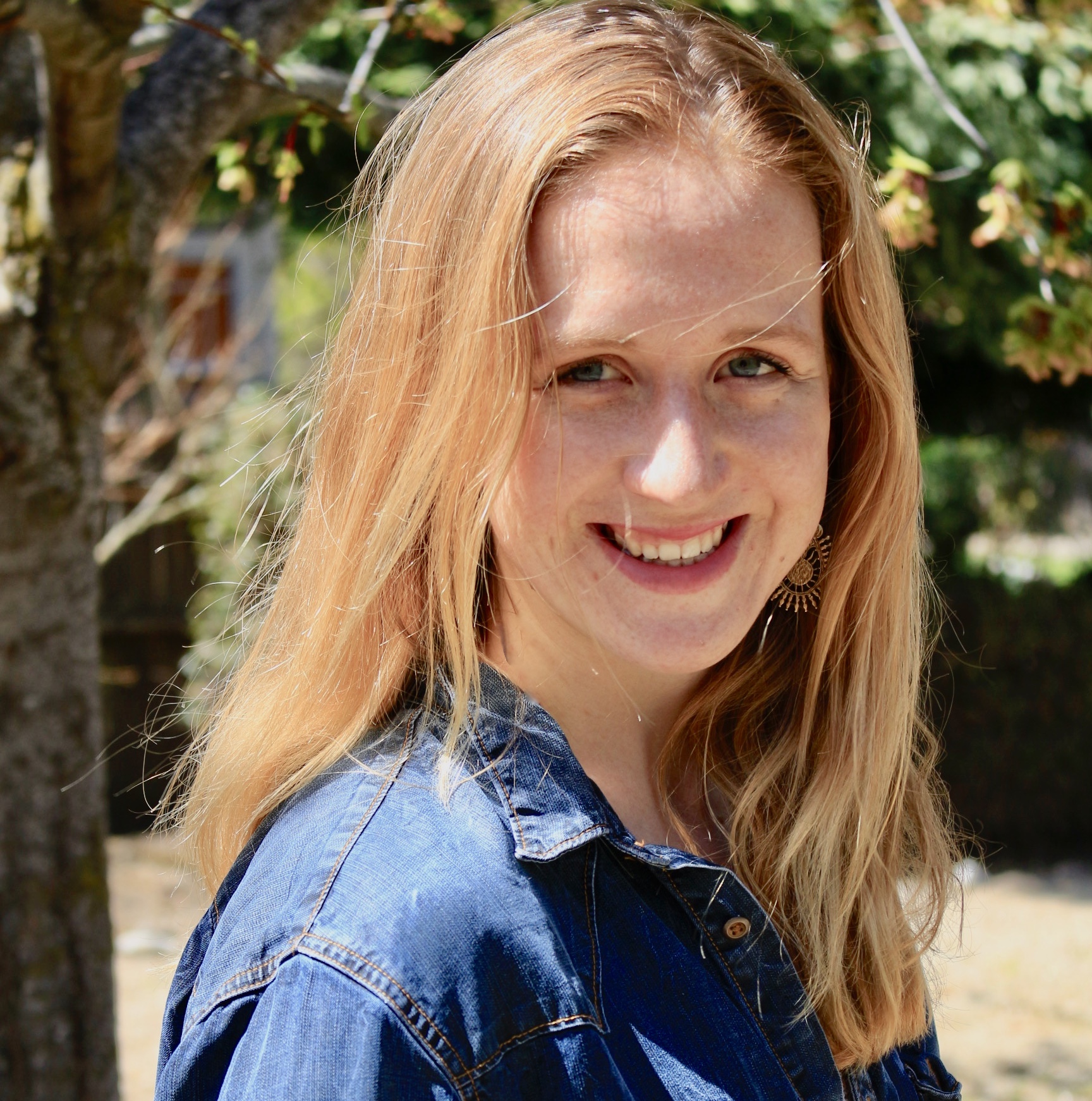Can you recover repressed memories?
Is it possible to remember a repressed memory during hypnosis?

Throughout the late 1980s and early 1990s, the United States was in the grip of a panic. Thousands of adults were recovering memories of horrific childhood abuse — memories they believed they had long repressed because they were too painful to bear. In all, 736 legal claims were filed, usually against family members, based on these memories, according to The False Memory Syndrome Foundation, a non-profit based in Philadelphia.
At the end of the 1990s, the epidemic of recovered childhood traumas died down as investigations by the Federal Bureau of Investigation and Department of Justice proved some allegations of abuse false. But the concept of memory recovery never completely disappeared from psychology. A recent study found that 76% of clinicians still believe in memory repression today.
But is it really possible to recover deeply repressed memories of an event, years after it happened?
Related: Was Freud right about anything?
It was early 20th century psychologist Sigmund Freud who initially theorized that people dissociate, or tune out, at the time of a trauma, losing all memory and awareness of the event. But there's no evidence that such a mechanism is possible, said Albert Katz, a psychologist at Western University in Ontario, Canada.
"There's no doubt we can forget things," Katz told Live Science, "But that doesn't necessarily mean that there's been this active process to keep them out of consciousness."
There are many reasons people forget. We gradually forget the things we don't call to mind frequently. We also tend to forget mundane, everyday events. We can even forget on purpose, said Charles Brainerd, a psychologist at Cornell University. In one study, participants were more likely to forget a list of words when told to put it out of their minds. Although intentionally forgetting (also called "directed forgetting") might help you forget an awkward first date, it won't cause a real trauma to fade from memory. That's because we preferentially remember traumatic events, Brainerd said. "It's one of the basic laws of memory," he told Live Science.
Get the world’s most fascinating discoveries delivered straight to your inbox.
There's a grain of truth in memory recovery, Katz said. It is possible for memories to return spontaneously to mind, years after an event, especially when triggered by a sight, smell or other environmental stimulus. But these memories aren't pristine.
"Memory does not work like a tape recorder," Katz said, "Memory is very flexible, very fluid. So what we often remember are the nuggets of something. And then later on, we embellish."
A number of therapies in vogue during the 80s and 90s aimed to bring so-called "repressed memories" to the surface. Therapists and their clients thumbed through photos of their childhood and read books in which characters were sexually abused, Brainerd said. They participated in hypnosis and guided imagery exercises, in which therapists give verbal suggestions to help clients call to mind specific scenarios and sensations.
The problem was, these styles of therapy encourage people to develop “memories” that never actually happened, Katz said. That’s because people are prone to creating false memories when given hints or suggestions. For example, when shown doctored photos of themselves in hot air balloons, 50% of research participants in one study "remembered" riding on a flying contraption upon which they'd never even set foot. Similarly, books, photos and guided imagery primed people to "remember" abuse that had never happened, tk said.
Just like the study participants who envisioned themselves in hot air balloons, these clients believed the horrifying imagery they called to mind, as vivid as a real memory.
- Why do people ghost?
- Why do people have different personalities?
- How accurate is the Myers-Briggs personality test?
Originally published on Live Science.
OFFER: Save at least 53% with our latest magazine deal!
With impressive cutaway illustrations that show how things function, and mindblowing photography of the world’s most inspiring spectacles, How It Works represents the pinnacle of engaging, factual fun for a mainstream audience keen to keep up with the latest tech and the most impressive phenomena on the planet and beyond. Written and presented in a style that makes even the most complex subjects interesting and easy to understand, How It Works is enjoyed by readers of all ages.

Isobel Whitcomb is a contributing writer for Live Science who covers the environment, animals and health. Her work has appeared in the New York Times, Fatherly, Atlas Obscura, Hakai Magazine and Scholastic's Science World Magazine. Isobel's roots are in science. She studied biology at Scripps College in Claremont, California, while working in two different labs and completing a fellowship at Crater Lake National Park. She completed her master's degree in journalism at NYU's Science, Health, and Environmental Reporting Program. She currently lives in Portland, Oregon.




